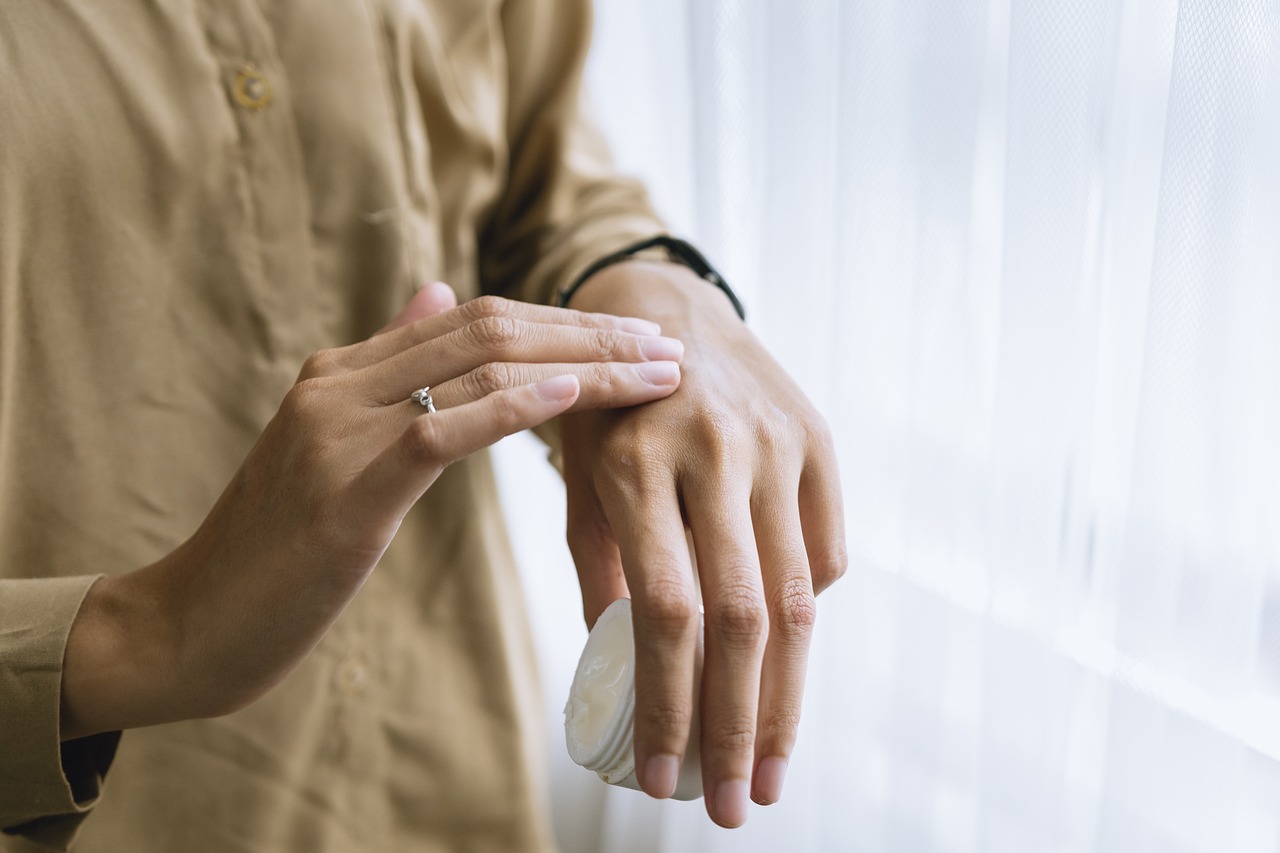SkinCare: A Comprehensive Guide to Maintaining Healthy Skin
Skincare is an essential component of overall health and well-being. A healthy skin barrier protects us from external aggressors, regulates temperature, and aids in vitamin D synthesis. Understanding and implementing proper skin care practices is crucial for maintaining its health and youthful appearance.
1. Cleansing
Regular cleansing removes dirt, oil, and makeup from the skin’s surface. Choose a cleanser that is appropriate for your skin type:
- Oily skin: Oil-controlling cleansers with salicylic acid or benzoyl peroxide
- Dry skin: Gentle, moisturizing cleansers with hyaluronic acid or glycerin
- Normal skin: Mild cleansers with balanced pH levels
2. Exfoliation
Exfoliation removes dead skin cells, unclogs pores, and improves product absorption. Use a gentle exfoliating scrub 1-2 times per week:
- Physical exfoliators: Crushed nutshells or sugar
- Chemical exfoliators: Alpha-hydroxy acids (AHAs) or beta-hydroxy acids (BHAs)
3. Moisturizing
Adequate hydration is essential for maintaining skin’s elasticity and preventing dryness. Use a moisturizer tailored to your skin type:
- Oily skin: Lightweight, oil-free moisturizers with dimethicone or niacinamide
- Dry skin: Rich, emollient moisturizers with shea butter or ceramides
- Normal skin: Balanced moisturizers with humectants like glycerin
4. Sun Protection
UV exposure can cause premature aging, skin cancer, and hyperpigmentation. Wear sunscreen daily, even on cloudy days:
- Choose a broad-spectrum sunscreen with an SPF of at least 30
- Reapply every 2 hours or more often when swimming or sweating
5. Treatment
Specific skin concerns require targeted treatment:
- Acne: Antibacterial products with salicylic acid or benzoyl peroxide
- Eczema: Emollients and corticosteroids
- Rosacea: Topical metronidazole or ivermectin
- Wrinkles: Retinoids or peptides
6. Healthy Lifestyle
Maintaining a healthy lifestyle supports skin health:
- Hydration: Drink plenty of water to keep your skin hydrated
- Nutrition: Eat a balanced diet rich in vitamins and antioxidants
- Exercise: Regular exercise improves circulation and oxygenation
- Sleep: Adequate sleep helps the skin repair itself
7. Professional Care
Consulting a dermatologist is advisable for severe or persistent skin conditions. Dermatologists can provide personalized treatment plans and prescribe medications if necessary.
Conclusion
Skin care is an ongoing journey that requires consistency and a tailored approach. By following these comprehensive steps, you can maintain healthy, vibrant skin throughout your life. Remember to adjust your routine as needed to address changing skin needs and consult a dermatologist for professional advice when necessary.

